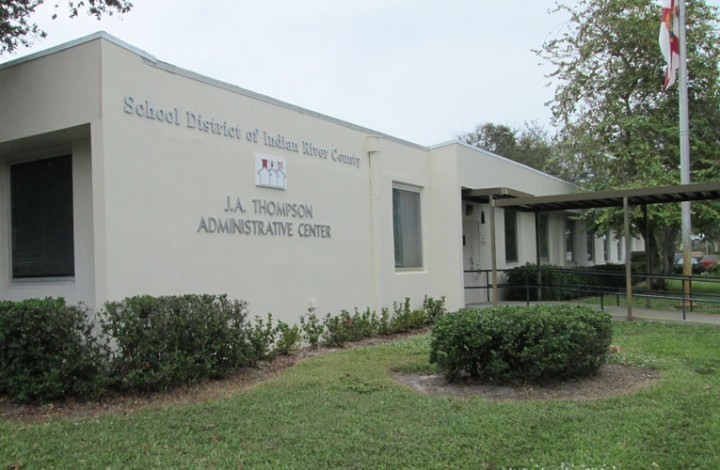INDIAN RIVER COUNTY — Tuesday night’s school board meeting started with a prayer: “Take away antagonism among groups that would detract from the welfare of our children,” said Lutheran pastor Jack Diehl.
The School Board meeting started off as an answer to that prayer with praise and recognition heaped on six school children in Indian River County who are merit scholarship finalists and among 15,000 finalists nationwide out of 1.5 million children in the running.
They came from Sebastian High School and Vero Beach High School: four girls and two boys with a United Nations of last names, which spoke to the diversity of the students in our public school system and the opportunities that any of them can seize with hard work and smarts.
Next, 10 more students stepped forward as regional science fair winners from public and private schools in the county. One of those students, Unnati Jain, had already been recognized as a merit scholarship finalist.
The prayer seemed to have taken hold — at least temporarily.
But, next, five community members went to the podium to speak against the Common Core curriculum of the school district, which has been adopted by 44 states — including Florida. The program provides federal funding to better prepare students for college in the areas of reading, science and math.
But the speakers saw it differently, expressing concern that Common Core is a program that will “spit out workers for economic reasons.” Furthermore, they opined, the WiFi computer element “threatened school children with radiation.” They called it “anti-American” and “very alarming.” One speaker said it was a federal government plot that would give the federal government “complete control over families.”
The speeches ended when former Vero Beach city councilman Brian Heady went to the podium to speak without submitting the necessary forms to do so and was cut short by School Board Chair Carol Johnson who reminded him of the rules. When Heady refused to be silent and abide by the speaking rules, a City of Vero Beach police officer walked to the podium and put his arm on Heady’s shoulder to escort him out.
So much for “taking antagonism away,” as the prayer had asked.
Next, members of the teacher’s union took on what they said were errors in an e-mail sent to them from the superintendent about the district’s negotiations with the union. The teachers also protested the school district’s position that teacher planning time was to be cut despite extra paperwork required from teachers to comply with a new, complex evaluation system.
One teacher, Jorge Lugo, noted that superintendent Fran Adams had called the district’s position “abundantly fair.” He asked: How can the district’s position requiring all of the compromise to come from teachers and none of it from the district be “abundantly fair?”
“Compromise means both sides sacrificing,” he said.
As the meeting drew to an end, School Board member Claudia Jimenez brought up a topic — about a disproportionate number of minority arrests among school children in the county — continuing Tuesday afternoon’s round table discussion that she feared ended prematurely. She requested another workshop so that school board members could revisit the subject of the disproportionate arrests.
Board Chair Johnson responded that such a discussion could be “a political football to promote someone else’s agenda with criticism of our sheriff.”
Jimenez responded that it had nothing to do with political football or criticism of the sheriff but was a subject that needed more clarification.
“I sit in on the juvenile justice meetings and this is about the kids,” said Jimenez.

